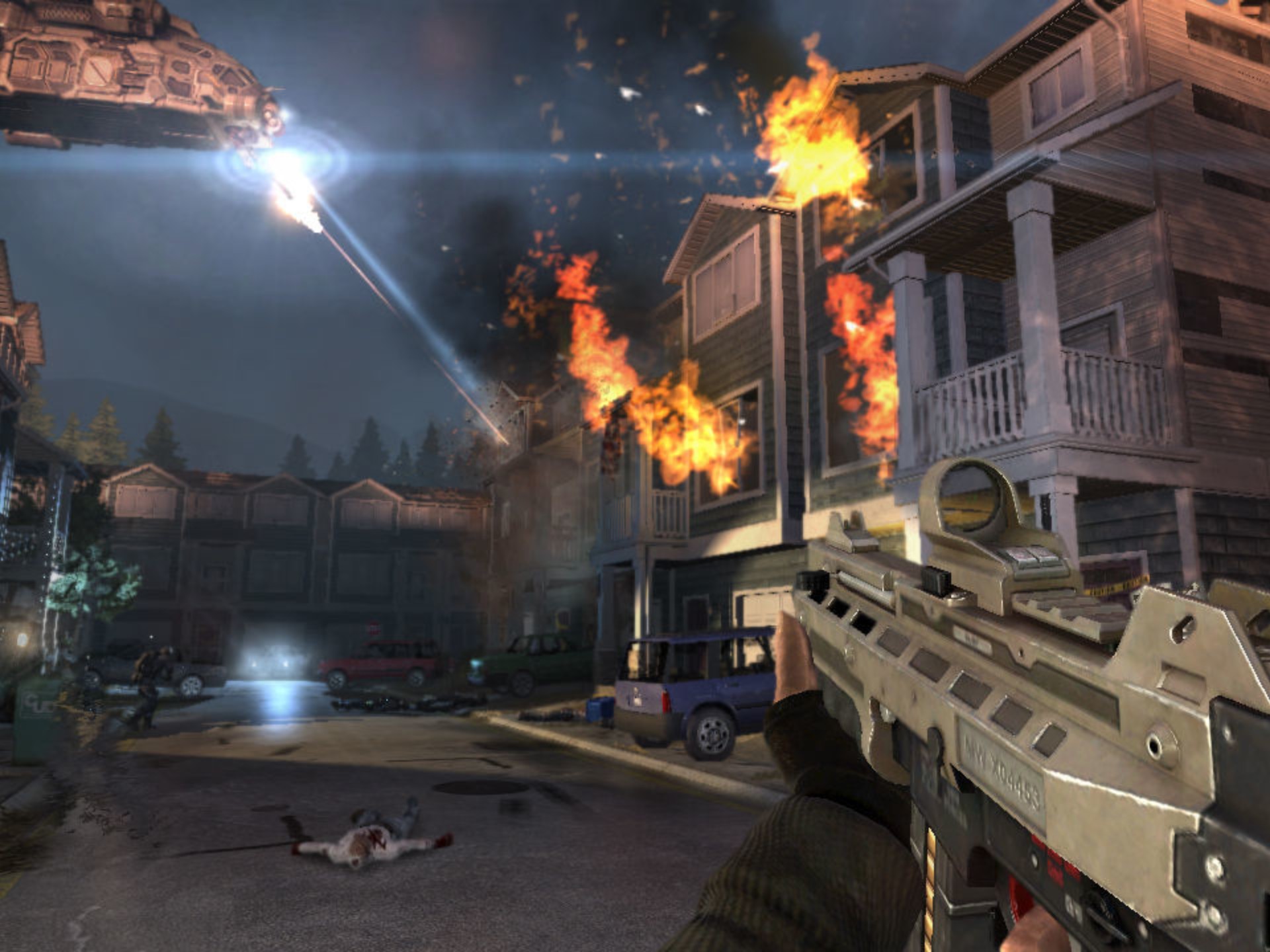Faction Alliances: Do They Affect the Ending?
Introduction
In many role-playing games (RPGs), strategy games, and even narrative-driven adventures, players often encounter factions—groups with distinct ideologies, goals, and allegiances. These factions may offer quests, resources, or even alter the game’s storyline based on player choices. One of the most intriguing aspects of faction mechanics is the possibility of alliances. But do these alliances truly influence the ending of a game?
This article explores how faction alliances shape game narratives, the consequences of aligning with certain groups, and whether these choices lead to significantly different endings.
1. The Role of Factions in Games
Factions serve as a dynamic storytelling tool, offering players agency in shaping their in-game experience. Some well-known examples include:
- Fallout Series (NCR, Brotherhood of Steel, Institute)
- The Elder Scrolls V: Skyrim (Stormcloaks vs. Imperials)
- Mass Effect (Cerberus, Citadel Council, Krogan Clans)
- Divinity: Original Sin 2 (Magisters, Lone Wolves, Godwoken)
These factions often provide unique rewards, questlines, and moral dilemmas. However, the most critical question remains: Do your faction choices determine the ending?
2. How Alliances Influence Game Endings
A. Linear vs. Branching Endings
Some games feature linear endings, where faction alliances only affect minor details (e.g., dialogue changes or post-credits scenes). Others have branching endings, where major plot points shift based on faction loyalty.
- Linear Example: The Witcher 3—While factions like the Scoia’tael or Nilfgaard exist, the main ending is more influenced by personal choices (Ciri’s fate) rather than faction allegiance.
- Branching Example: Fallout: New Vegas—The ending slides vary drastically depending on whether you side with the NCR, Caesar’s Legion, Mr. House, or an independent Vegas.
B. Reputation Systems & Locked Content
Some games use reputation mechanics, where high standing with one faction may lock you out of another’s quests.
- Mass Effect 2: Allying too closely with Cerberus can strain relationships with the Citadel Council, affecting Mass Effect 3’s ending.
- Pillars of Eternity: Supporting the Dozens or the Knights of the Crucible changes which factions dominate the final act.
C. Hidden Consequences
Occasionally, faction choices have unexpected long-term effects. For example:
- In Dragon Age: Inquisition, allying with the mages or templars alters major battles and character fates.
- In Cyberpunk 2077, siding with Arasaka leads to a vastly different ending than helping the Aldecaldos.
3. Games Where Faction Alliances Matter Most
A. Fallout: New Vegas (2010)
This game is a masterclass in faction-driven storytelling. The four main endings (NCR, Legion, House, Independent) each reshape the Mojave Wasteland differently.
- NCR Ending: Establishes democracy but with bureaucratic corruption.
- Legion Ending: Brutal dictatorship but enforced stability.
- Independent Vegas: Freedom at the cost of potential chaos.
B. Divinity: Original Sin 2 (2017)
Your faction choices (or refusal to join any) determine who aids you in the final battle and which characters survive.

- Lone Wolves: Gain powerful allies but lose faction-specific quests.
- Godwoken Path: Alters the Divine’s fate and the world’s future.
C. Mass Effect Trilogy (2007-2012)
While the ending controversy is well-known, faction alliances (Krogan, Quarians, Geth) influence war assets, which determine survival rates in the finale.
4. When Faction Choices Don’t Matter
Not all games make faction alliances impactful. Some examples:
- Skyrim’s Civil War: Despite choosing Imperials or Stormcloaks, the ending remains largely unchanged.
- Far Cry 4’s Golden Path: Regardless of Sabal or Amita’s rule, the country remains unstable.
- Star Wars: The Old Republic: While factions (Empire/Republic) change storylines, the endings often converge.
5. Player Agency & Replay Value
Games with meaningful faction endings encourage multiple playthroughs, increasing replayability. Players enjoy experimenting with different alliances to see how the narrative shifts.
Conclusion: Do Faction Alliances Affect the Ending?
The answer is yes—but not always. Some games use factions as a core narrative driver, while others treat them as superficial choices. The best faction systems:
✅ Offer distinct endings (Fallout: New Vegas)
✅ Change major story beats (Mass Effect 3)
✅ Lock or unlock content (Divinity: Original Sin 2)
For players who crave deep role-playing experiences, faction alliances can be the difference between a heroic victory and a tragic downfall.
Final Thought: If you want your choices to matter, research a game’s faction system before committing—because in some worlds, who you side with defines your destiny.
Tags: #Gaming #RPG #Factions #GameEndings #PlayerChoice #Fallout #MassEffect #Skyrim #Cyberpunk2077 #DivinityOriginalSin2


















